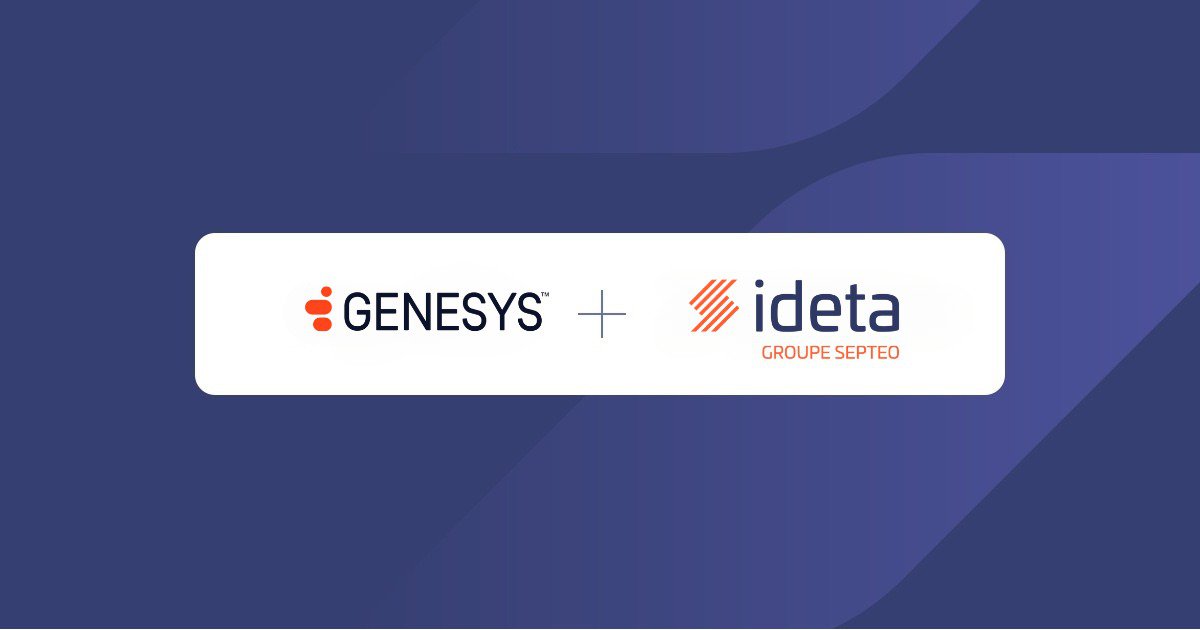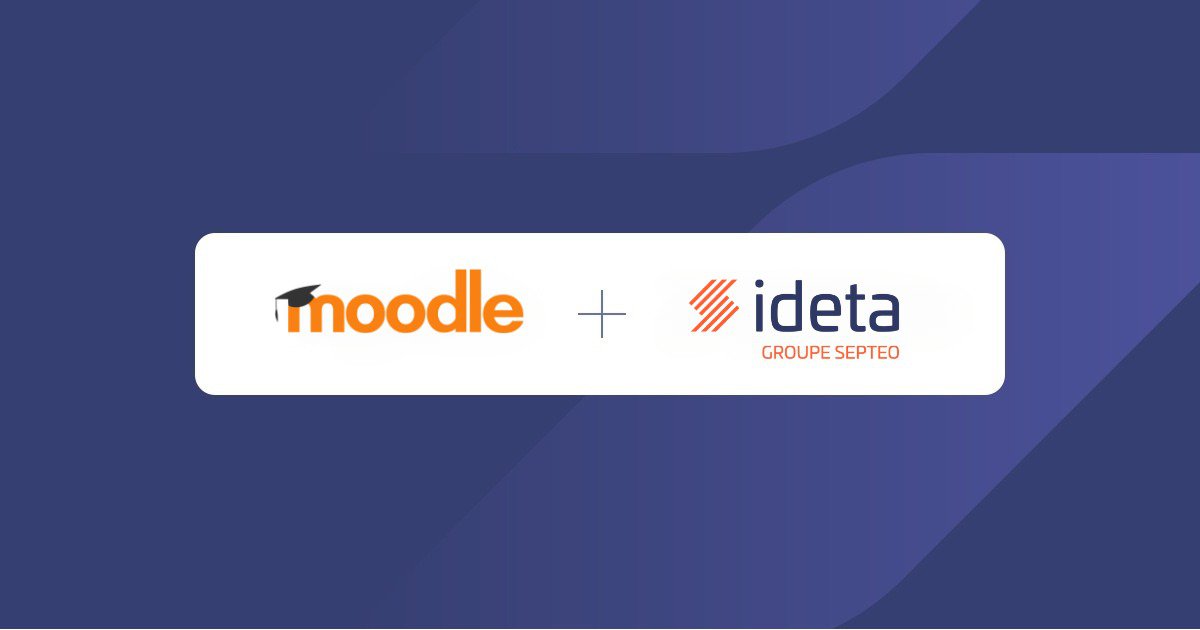The Role of AI in Enhancing Business Automation
What’s a Rich Text element?
The rich text element allows you to create and format headings, paragraphs, blockquotes, images, and video all in one place instead of having to add and format them individually. Just double-click and easily create content.
Static and dynamic content editing
A rich text element can be used with static or dynamic content. For static content, just drop it into any page and begin editing. For dynamic content, add a rich text field to any collection and then connect a rich text element to that field in the settings panel. Voila!
How to customize formatting for each rich text
Headings, paragraphs, blockquotes, figures, images, and figure captions can all be styled after a class is added to the rich text element using the "When inside of" nested selector system.
Businesses today are undergoing various transformations. They are experiencing digital, cultural, managerial, and artificial intelligence transformations. The impact of AI is felt in the changes in the way organizations work. Advanced AI is playing a critical role in helping companies run better.
It is driving business processes by allowing automation, analytics, robotics, and cloud computing. Automation is at the center of business processes today. Its influence will not be felt today only but also in the future. Understanding the role AI plays in business helps you view its transformative power in company operations.

Using AI for business development
AI plays a crucial role in business development. It automates most tasks and turns them into productive processes. Companies use AI tools to get insights into market trends. These tools predict customer actions which help businesses grab possible sales opportunities.
Organizations require optimized computers when integrating AI and automation into their systems. An optimized Mac for instance provides fast running of AI apps and platforms. It is necessary to scan all data in the computer and remove what is not necessary. The Clean My Mac tool provides a powerful solution for keeping your computer clean. This maintains uninterrupted workflow and productivity.
Machine learning is an important AI platform for this work. It processes terabytes of data to give companies ideas and insights. These insights are useful for decisions. AI helps automate many business sectors. These include manufacturing, customer service, and health.
AI integration into business systems streamlines many processes. It boosts accuracy and helps companies focus on growth. AI is the ultimate tool for increased productivity in businesses. It provides them with a competitive advantage.
Predictive analytics and the impact of artificial intelligence on business
AI powers machine learning to allow systems to learn from data. This knowledge lets technology enhance business experience without the need for human assistance. Machine learning predictive analytics power is important in business automation.
This strategy requires the gathering of large data. AI and machine learning learn from this data to forecast future trends. It predicts market and customer behavior with great accuracy. Netflix is one of the platforms that effectively uses predictive analytics.
It uses this strategy to learn user preferences and needs. The platform uses AI to learn from data based on what users search or watch. Its recommendation app suggests lists a customer may love. This approach increases interaction and engagement with customers.
Robotics processes and the role of AI in business automation
Automation is a critical aspect of businesses in the modern world. The number of processes handled by workers daily is hundreds of times more today. Some businesses process millions of tasks daily. These can be nearly impossible to handle through manual entries.
Robotic process automation relies on bots for automation work. It automates routine processes. This reduces time and workers needed to do the same tasks. RPA effectively automates payroll, data entry, marketing, and invoicing.
An example of an RPA AI business automation platform is UiPath. This platform empowers accounting companies to automate invoicing workflows. It is an RPA platform that allows these companies to implement automated data extraction from invoices.
The app counterchecks the data to ensure accuracy. It uploads it into the company’s accounting system and shares it with relevant customers. Organizations that use it record fewer errors and maximize speed.
Artificial intelligence for business for business communication
Business communication enhances relationships and boosts growth. Natural Language Processing is a useful AI technology. It trains machines to learn human language and communicate with relevant methods. Through NPL, computers understand and interpret human communication.
It responds to conversations with humans making communication more effective. An example of the role of AI in business communication is virtual assistants and chatbots. Organizations use AI-driven virtual assistants and chatbots for customer service enhancement.
Since they are AI-trained, these assistants understand human language. They receive millions of queries daily and respond to them. This provides a quick and effective communication method in businesses. Customers stay happy and human workers handle less load.
AI business automation in customer relationship management
Customer relationship management is critical in marketing, sales, and growth. The CRM approach allows businesses to manage interactions with customers. Companies use AI to automate customer data collection. This lets organizations understand needs and customize communication.
An example of an AI tool that automates CRM is Salesforce Einstein. This CRM is driven by AI to gather and analyze business data. This information lets this CRM provide custom insights and recommendations. The tool uses machine learning to provide companies with predictive insights.
This way, marketers predict customer journeys and behavior and adjust his strategies as per that. Salesforce Einstein does this by learning from previous data. It accurately foretells what customers will likely buy. This method is useful for gathering leads, suggesting products, and closing sales. It finally leads to increased revenue generation which leads to business growth.
What future does AI hold in business automation?
- AI and IoT use. IoT provides massive data generated from millions of connected devices. Businesses can connect IoT with AI to generate more insights. This will help boost operations.
- Hyper automation. AI will soon empower businesses to automate multiple processes in their environment. This super automation is possible when companies combine AI with RPA. It will increase agility and efficiency.
- AI-powered decisions. Most businesses use AI to make decisions. They can combine AI with advanced analytics for deeper and more accurate insights.
Although AI has many potential benefits for businesses, it faces potential adoption challenges and the uniformity across sectors. AI-run systems are data-exclusive. This data must be high quality to provide completeness. Low-quality data never provides accurate and consistent results. This is a big challenge faced by companies with limited data sources. It’s a bottleneck for startups and SMBs where either the budget is low to invest in AI or the data generation in initial stages is not sufficient enough.
Organizations must deal with various ethical and compliance concerns. There are safety and privacy issues to deal with. Data biases might become a hindrance when handling large information. Compliance organizations demand data transparency when addressing issues.
Furthermore, data grows in complexity making it harder to generate, store, and process. Its handling costs can potentially go beyond what ordinary companies can afford. Some companies might lack qualified people to gather and process data.
They may have the tools but lack data experts. This gap leaves companies prone to compliance failures, data breaches, and losses. They may experience data leaks which could compromise a company’s integrity and trust. This makes it harder for such organizations to adopt AI, especially new businesses that are in the initial stage of building trust among customers.
Conclusion
Nearly every business today uses some form of AI to run its processes. AI lets them run simple to complex processes with great accuracy. Several AI tools help with different automation levels. These include machine learning, RPA, and natural language processing. AI will continually evolve as innovations increase. AI will soon immerse businesses in hyper-automation experiences. AI-powered decisions will soon impact businesses in a big way. Adopting AI solutions will place businesses in a competitive advantage.








